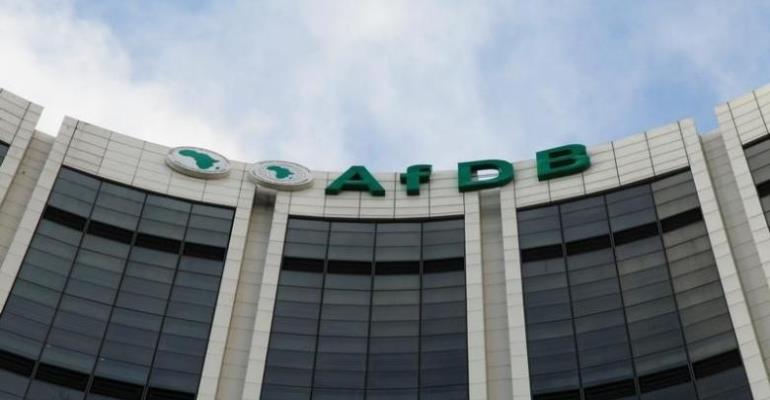
Abidjan, Côte d’Ivoire, 09 January 2019 – The Board of Directors of the African Development Bank Group has approved a USD 32.5 million equity investment in Climate Investor One’s (CIO) Construction Equity Fund (CEF), a platform that uses a unique blended finance approach, and targets the entire asset lifecycle to deliver viable renewable energy projects to the market.
CIO will provide capital and technical assistance for early stage project development to ensure that bankable energy projects are delivered to the market; invest equity for the construction of projects; and provide debt at competitive terms. The Bank’s participation will be limited to investments within Africa.
The Bank’s investment in the CIO’s CEF will be managed by Climate Fund Managers (CFM), a joint venture between Netherlands Development Finance Company (FMO) and Sanlam InfraWorks. The Fund’s focus on investing in early stage project development will also assure the timely implementation of well-prepared projects.
Speaking at the Board meeting, Amadou Hott, the Bank’s Vice President for Power, Energy, Climate Change and Green Growth said, “Significant investments are required to close the infrastructure gap and meet energy access goals. The Bank’s investment in the Fund will complement its operations in the energy sector, and unlock at least an additional USD 40 million dollars of investments into Africa. With nearly 600 million Africans without access to energy, there is a huge market for the Fund to invest and generate a return for its investors.”
Wale Shonibare, the Bank’s Director of Energy Financial Solutions, Policy & Regulation, added that the Bank would be playing a key role as knowledge repository for Africa, “enabling CFM to better gauge investment opportunities while ensuring that the highest environmental and social standards are applied to the CEF’s projects.”
Climate Investor One aligns with the Bank’s New Deal on Energy and the High 5 priorities to ‘Light up and Power Africa’, and ‘Improve the quality of lives of Africans’. It is also consistent with the Bank’s Climate Change Action Plan II which supports infrastructure development and prioritizes the power sector and private sector development, and with the Bank’s 10-year strategy for 2013-2022, including the transition to green growth.
The CEF will have a measurable social and environmental impact by supporting the establishment of clean energy projects in developing markets, by creating jobs and providing access to electricity in an under-developed market.
Read Full Story
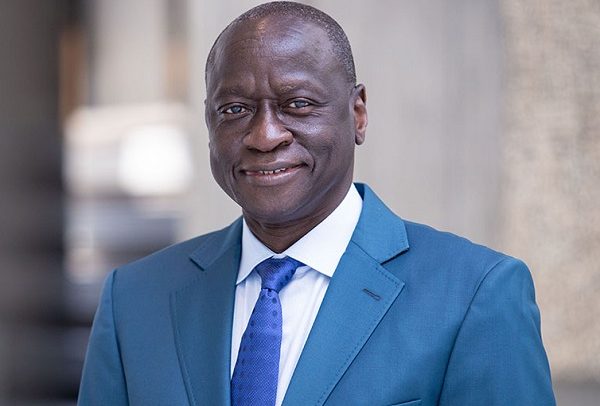
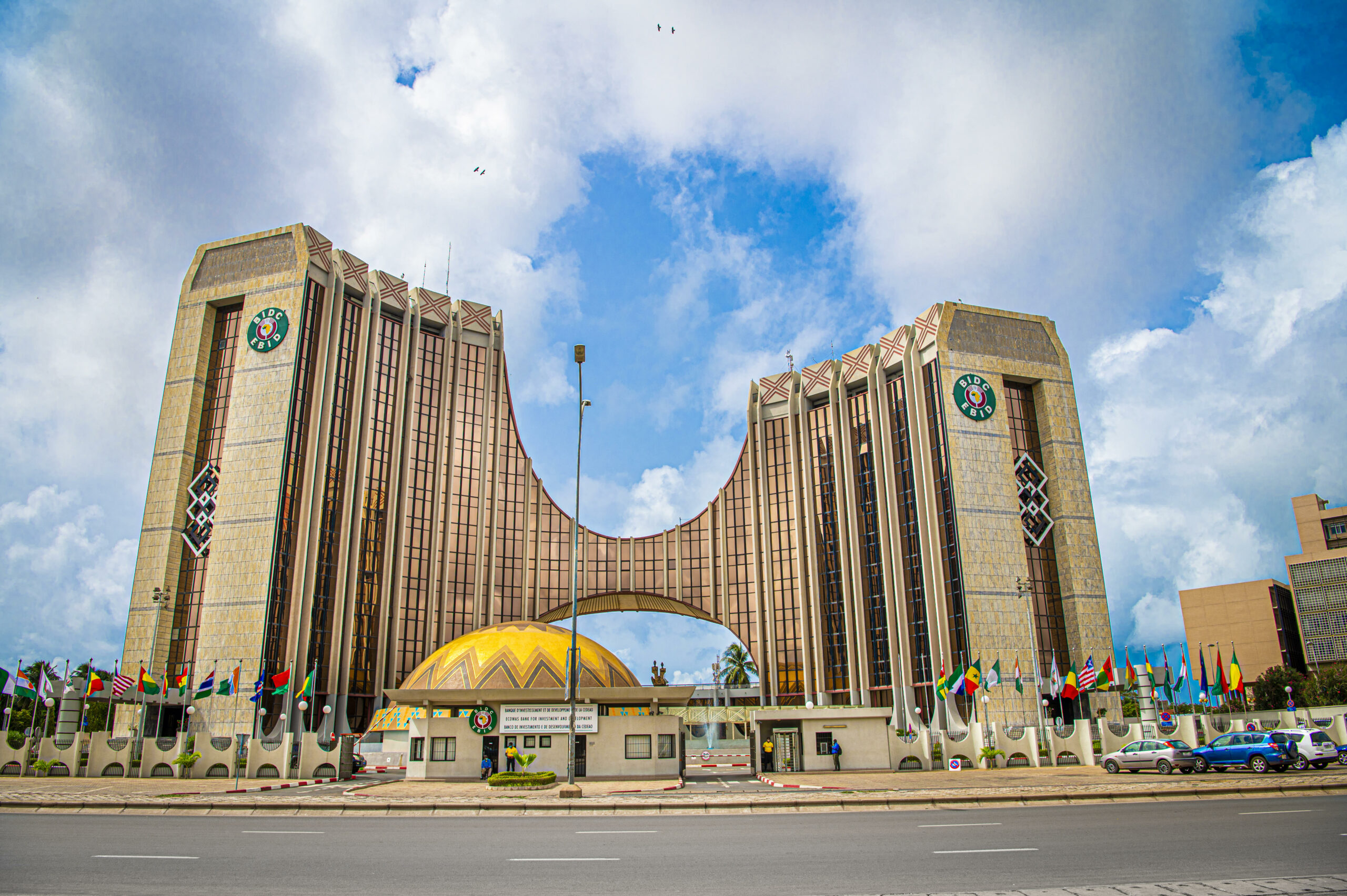
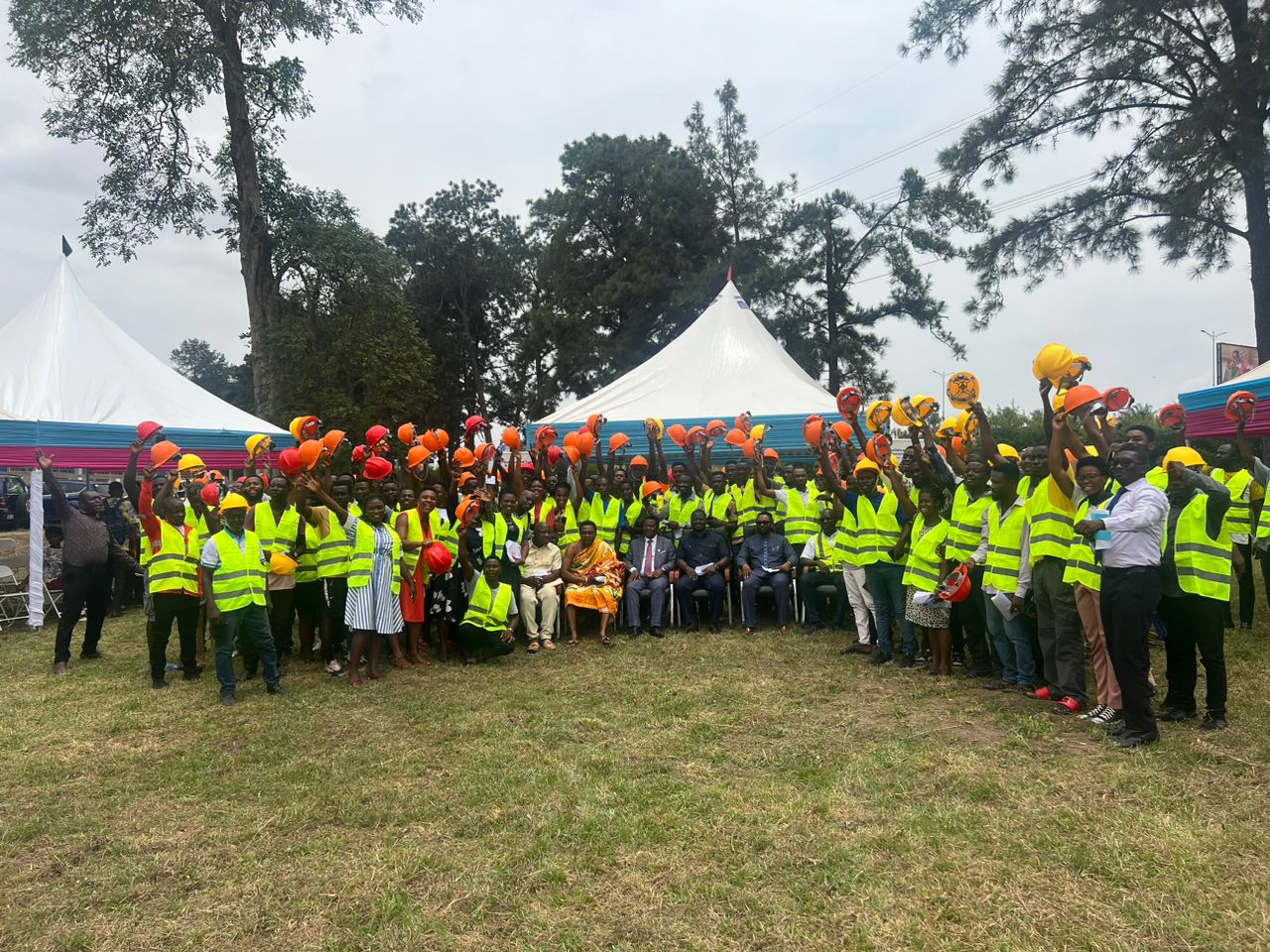
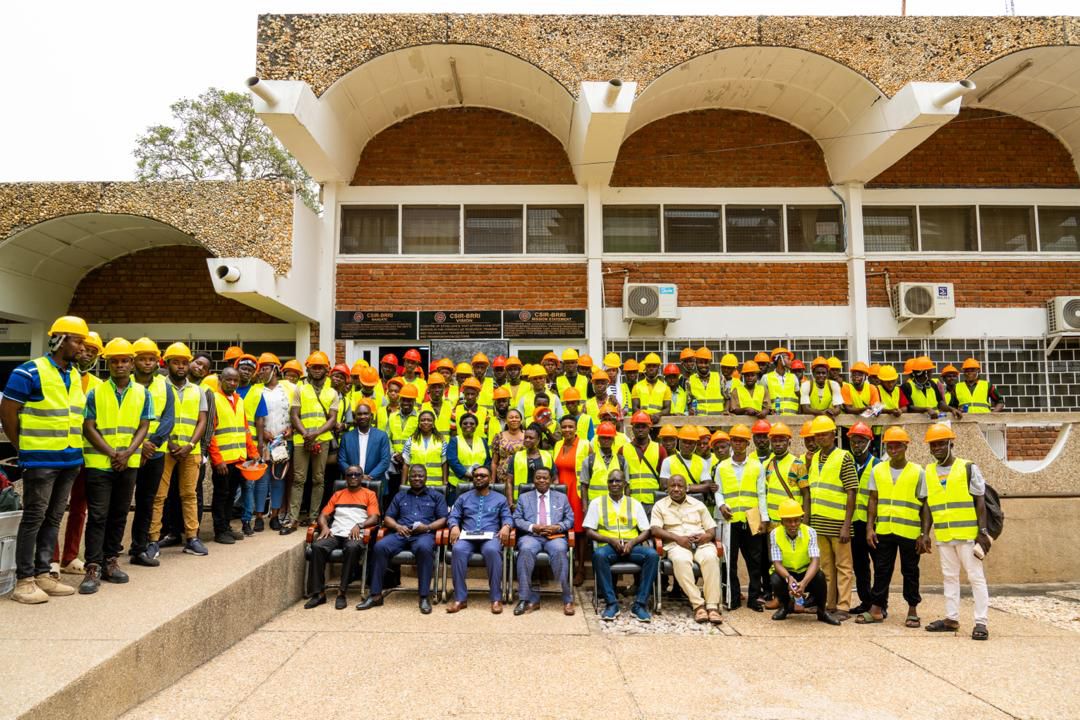



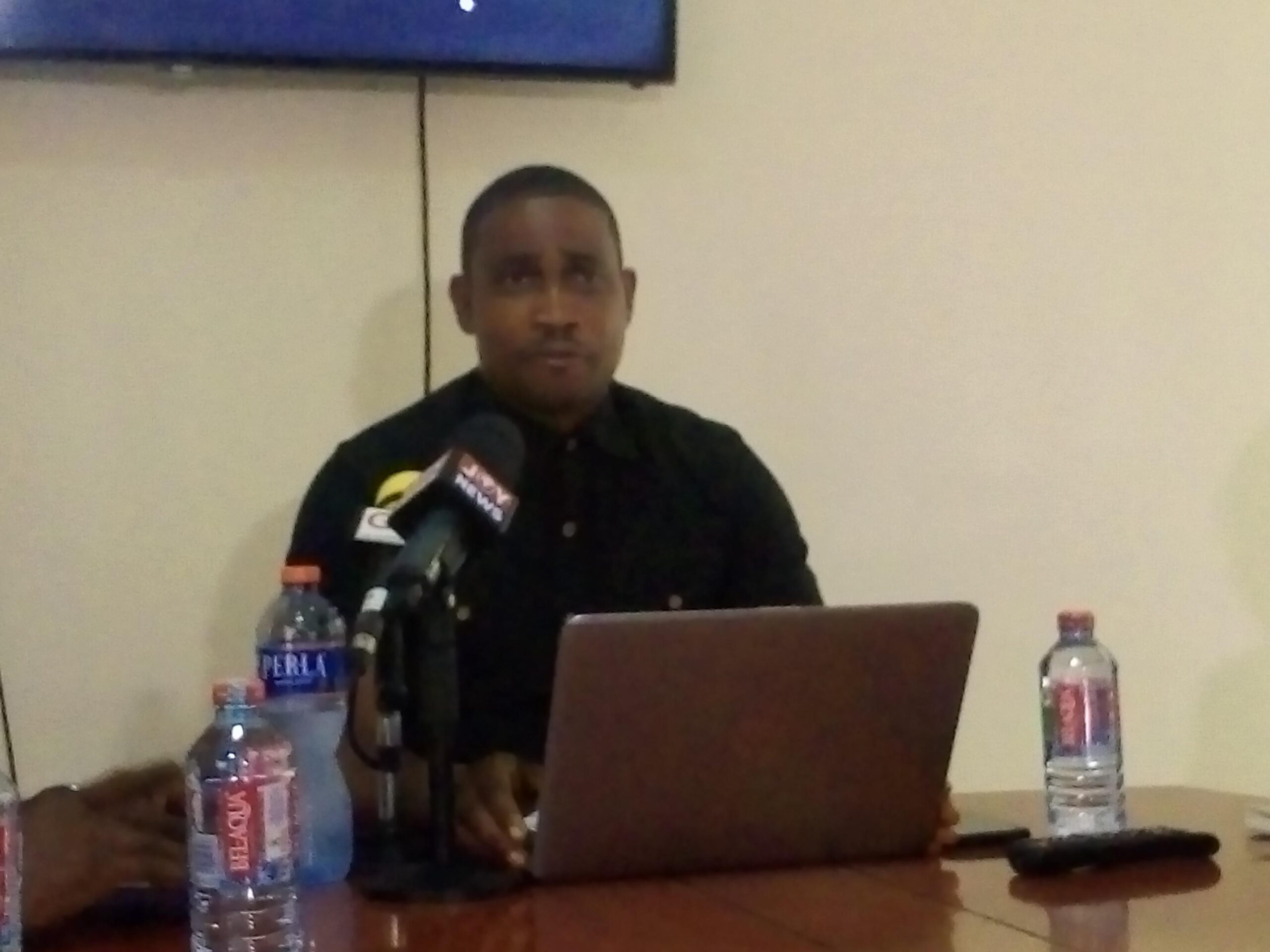

















Facebook
Twitter
Pinterest
Instagram
Google+
YouTube
LinkedIn
RSS